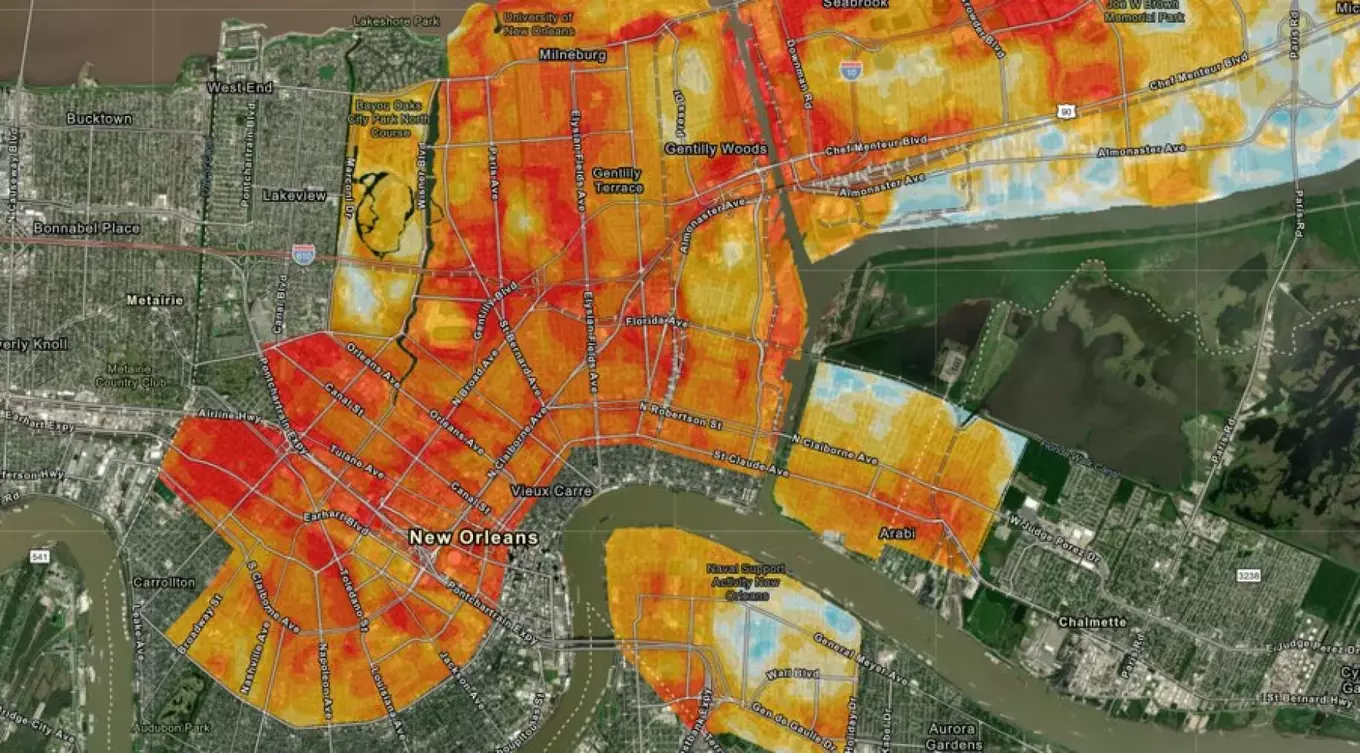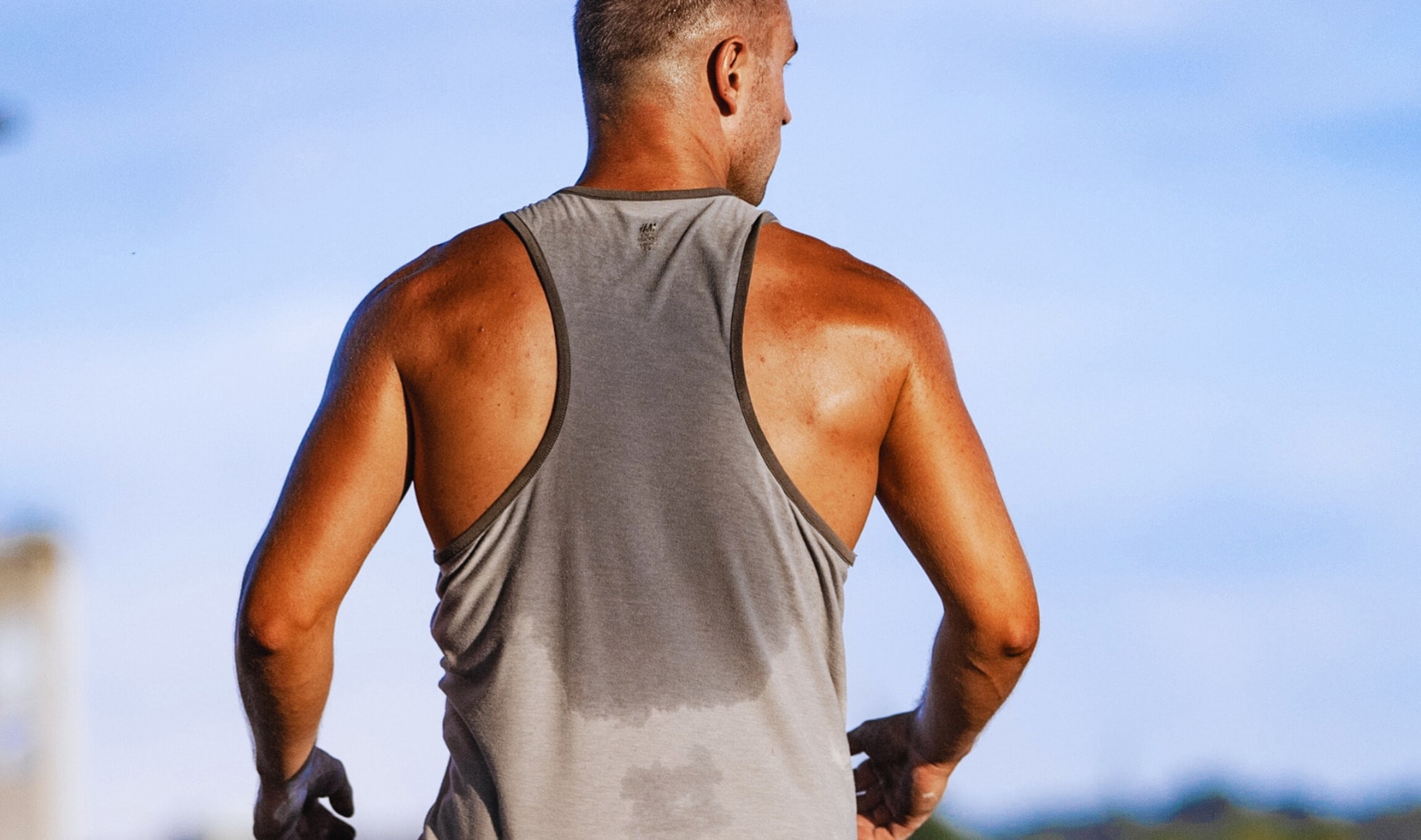The consequences of the climate crisis are far-reaching. Rising global temperatures disrupt weather patterns, making extreme events like heatwaves more common. But what’s less discussed is the impact these heatwaves can have on people’s safety in their own homes. A new study suggests that prolonged extreme heat in New Orleans has been linked to a surge in domestic violence reports.
The research, conducted by Tulane University’s Newcomb Institute and published in JAMA Open Network, analyzed more than 150,000 domestic violence calls from 2011 to 2021. It found that when “feels-like” temperatures remained extremely high (between 93 and 100 degrees Fahrenheit) for at least five consecutive days, calls increased by around seven percent.
 Pexels
Pexels
This is particularly troubling, as New Orleans is getting hotter every year. In 1970, the city’s average summer temperature was around 80 degrees Fahrenheit. By 2022, the average had risen to 84 degrees. In 2023, New Orleans set a record when the airport hit 105 degrees in August. And in June 2025, the “feels-like” temperature reached 110 degrees both at the airport and along the lakefront.
The researchers estimated that without prolonged periods of extreme heat, there may have been roughly 245 fewer incidents of domestic violence over the study period.
“Extreme heat is more than a weather issue — it’s a public health and safety concern,” Anita Raj, executive director of the Newcomb Institute and senior author of the study, said in a statement.
The team recommends that New Orleans incorporate domestic violence prevention into heatwave response plans and increase support for vulnerable victims during periods of extreme heat. “We must treat heat preparedness as part of our violence prevention strategies,” Raj added.
Why does heat make people more violent?
A growing body of research suggests that rising temperatures correlate with higher rates of violence. In 2024, for instance, a meta-analysis of more than 16,000 studies found that an increase in temperature of 10 degrees Celsius was associated with a nine percent increase in violent behavior.
 Iseechange
Iseechange
BECOME A VEGNEWS VIP: Get exclusive product deals, freebies, and perks galore!
The reasons aren’t fully clear. Possible explanations include biological changes (such as higher testosterone and lower serotonin, which can affect aggression), behavioral shifts (like increased alcohol use during hot summer months), and the simple reality of discomfort. After all, heat can make people feel irritable and frustrated.
Whatever the cause, the implications are serious. “Extreme heat can strain not just infrastructure, but human relationships,” said Arnab Dey, lead author of the Newcomb Institute study and a scientist at the Scripps Institution of Oceanography. “Recognizing this link can help shape more responsive public policies.”
For more plant-based stories like this, read:
JUMP TO ... Latest News | Recipes | Guides | Health | Subscribe









